While seated in the back room of Swift Hibernian Lounge, an Irish pub in New York City, The Pogues‘ Spider Stacy spoke of a revelation he shared with bandmate Jem Finer 41 years ago, while the band was on their first tour, supporting Elvis Costello. “I said, ‘Do you know, I think we’re the best band in the world,’” says Stacy, recalling how he felt during the Pogues’ earlier days.
By the early ‘80s, the Celtic punks had already left a few impressions with their debut single “Dark Streets of London” and a series of shows opening for the Clash before releasing the band’s first album in October of ’84, Red Roses for Me. Even the album cover, photographed by Peter Gravelle, offered a glimpse of what was to come with the ragtag crew, who tore through traditional Irish and Scottish songs and taped them back together as punk standards.
On the front side of the album, the band pose surrounding an apparition-like portrait of President John F. Kennedy, while the back sees original bassist Cait O’Riordan clasping a brown paper bag-concealed beer, accordionist James Fearnley with a larger bottle emerging from his coat pocket, and late singer and chief songwriter Shane MacGowan propped against a wall with a casted foot.
They were the mismatched miscreants Stacy believed were the “best band in the world.” That creed remained with Stacy through the present and is what united the band’s founding member with bandmate and co-founder Jem Finer and Fearnley for a Pogues tour in 2024.
Several months after MacGowan’s death, which reunited the Pogues, who performed the band’s 1985 song “The Parting Glass” at his funeral, Fontaine’s D.C. drummer Tom Coll, reached out to Stacy to curate an evening of Irish music at an East London folk club, around the 40th anniversary of the Red Roses for Me.
Initially, Stacy didn’t think much of the show or involving the other Pogues. Then, the 300-person capacity club had a 1,500-person waitlist, and they were extended a larger budget, prompting Stacy to get Finer on board and pull in Fearnley to complete the initial triage for the show, which moved to a larger venue, the Hackney Empire theatre in London.
Videos by American Songwriter
“It just started coming together,” says Stacy, who continued expanding the band with Coll on drums, temporarily, before recruiting a larger collective of musicians, many of whom remained in the band for a Pogues tour months later.
“As soon as I realized I had the scope to do something that was more than using some of the people that they already had, I could put on a proper show,” adds Stacy, who also inserted more feminine energy into the band with the addition of vocalist Lisa O’Neill, singer and harpist Iona Zajac, and bassist Holly Mullineaux.
“I love Bruce Springsteen and Bob Dylan, but could either of those guys sing ‘A Rainy Night in Soho’ better than Lisa O’Neill?” says Stacy. “With every fucking respect to them [Springsteen and Dylan], Lisa is magical.”
Like O’Neill, singer and multi-instrumentalist Darragh Lynch also had a deep connection to the band when he started playing the Pogues’ music by the age of 7. “Everybody involved has brought so much and given so much,” says Stacy. “I think it helps that we’ve had people really influenced or maybe inspired by the Pogues who didn’t need any sort of input from us.”
The Pogues rounded out with musicians Jim Sclavunos (Nick Cave and the Bad Seeds), The Pretenders’ James Walbourne, John Francis Flynn from the Irish folk band Skipper’s Alley, Jordan O’Leary, former guitarist for the Scratch on banjo, and piper Fiachra Meek, along with the brass section of Pete Fraser, Daniel Hayes and Ian Williamson, who played with the band on their North America run of dates in September 2025.
To Finer, this group of musicians on the band’s recent tour is not a “backing band” to the Pogues by any means. “It’s a band, and James, Spider, and I are part of it,” says Finer. “Perhaps there is a confusion in that it’s still called The Pogues. My feeling is that it should be called something else that reflects what’s really going on. But as of yet, what that name might be remains a mystery.”

He continues, “This ‘Pogues’ is a new interpretation of our music rather than a tribute. Our fellow musicians and singers bring their own experience and spirit and soul into the songs while we three remain as a link to the past and, in more technical terms, guides, or to be even more formal, musical directors, helping them to learn the songs. The fact that the energy and feel and soul of the band is still there is a testament to the sensitivity and skill and the timelessness of the music.”
Still, there’s always going to be a hole where MacGowan once stood as a member of the Pogues, says Stacy, who took on the role of the band’s lead vocalist in the early ‘90s and on the band’s albums Waiting for Herb (1993) and their seventh and final release, Pogue Mahone, in 1996. After the release of the band’s fifth album, Hell’s Ditch, in 1990, MacGowan was fired from the Pogues due to his drug and alcohol abuse, and later reunited with them in 2001 and remained a member through their final show together in 2014.
Without MacGowan, Stacy isn’t concerned with “fronting” the Pogues, nor are they interested in writing new music. “I miss and love Shane, and I love these new musicians,” says Finer. “Of course, the dynamic is different; it’s a different kettle of fish. I wish he could be part of it.”
During the band’s reunion shows with MacGowan in 2001, Stacy remembers being asked if the Pogues would make new music together. “I can’t really speak for how Shane would have felt about writing a bunch of new songs at that time, but I think I can hazard a guess,” says Stacy. “And this is something I think about a lot when I hear people say, ‘Well, he [MacGowan] didn’t really write much, considering he stopped in the ’90s.’ MacGowan’s sister Siobhan put it better than anyone else: “What more do you want from him when you look at what he wrote?”
He adds, “You listen to the words of a song like the ‘A Broad Majestic Shannon’ [written by MacGowan] and it’s like ‘I don’t need to write a song in my life, because I’ve written that.’”
For Fearnley, the dynamic of the Pogues is different now that MacGowan is gone. He also marks the loss of former Pogue Philip Chevron, who died in 2013, and Darryl Hunt, who passed away in 2016; original drummer Andrew Ranken was unable to join the band at this stage due to health reasons.
“Shane’s death was an event in our lives which has left an indelible mark on each of us… an indelible mark on me,” shares Fearnley. “We all feel, and keenly, both his presence and his absence in all the circumstances of playing, replaying, this music, his music, our music for our, his, these audiences.”
Fearnley adds, “It’s painful that the stage is empty of him, but at the same time full of how we each interpreted him and how others now interpret him.”
As they stand now, the current state of the Pogues is composed with new energy, and a “natural extension of something that was already implicitly there,” says Stacy. “The crowd’s reaction has been immense as it was during the reunion shows, but this has actually felt more like the old days,” he adds. “It’s been more like the 1980s, and I think a part of that is the fact that Shane has died, which has been present in people’s thoughts.”
There’s also a “new magic” in the way the songs are being played this time around. “There’s this real power,” says Stacy. “We have the Pogues’ old brass section and this wall of sound. We have a heart.” He adds, “If Shane could see what we’re doing, he would say ‘Yeah, yeah, yeah, I’ve always wanted a heart,’ because the songs are so powerful. The songs demand to be played with this. You can’t do it with half measures. It has to be done properly, from the heart, from the soul.”
When asked about the future of the Pogues, Stacy believes they’ll continue at their best in a live setting. There’s no plan for a new album or anything else overly produced. “Perfection” was never the Pogues’ vocabulary. “It’s kind of better if it’s not perfect,” says Stacy.
After all, the Pogues have always been about the imperfections, the scratches and scars, and making all of those bruises visible on the stage.

“It’s about the moment, and I think it’s better to keep it like that,” he adds. “Just play it live with the warts and all. I was talking to Jem during the rehearsals, and we were talking about aiming for perfection, and he goes, ‘I’ve got no time for any of that. I’ve never played a gig where I played every song perfectly.’ And I said, ‘I don’t think I’ve ever played any song perfectly all the way through ever. I’ve always made at least one mistake.’”
And there’s always been an unspoken forgiveness for the Pogues’ imperfections. “We’re kind of timeless as well,” laughs Stacy. “Even with our covers, when you have a 200-year-old song, no one can question you.”
With that and the band’s new iteration, Stacy sees the band continuing indefinitely. “I can see it going on for as long as it’s physically possible,” he says, “as long as we want to do it, as long as we’re capable of doing it, and as long as audiences want to hear it.”
The end was never clear for the Pogues, recalls Fearnley, even after MacGowan’s departure in ’91, then in 1993 when he bowed out of the band, and through their final show in France in August 2014. It’s the unpredictable nature of the band that has set Fearnley in place for as long as they may go, joking that he’ll even play the 80th anniversary of Red Roses for Me in 2064. “Someone come and dig me up,” jokes Fearnley. “I’d be happy to play.”
More than 40 years since MacGowan, Stacy, and Finer formed the Pogues in London, there’s still something that keeps the band moving onward.
“I’ve always actually loved the band and being in the band, so that gives me an opportunity to actually hear the band,” says Stacy. “I think we did something extraordinary, and I think we still are. And I don’t mean it in a big-headed way.”
He adds, “If you’re in a band that’s worth anything, you ought to be able to say that, even to yourself, in the quiet of night, just before you drop off to sleep, in your heart of hearts: ‘We’re the best band in the world.’”
Photos: Steve Rapport


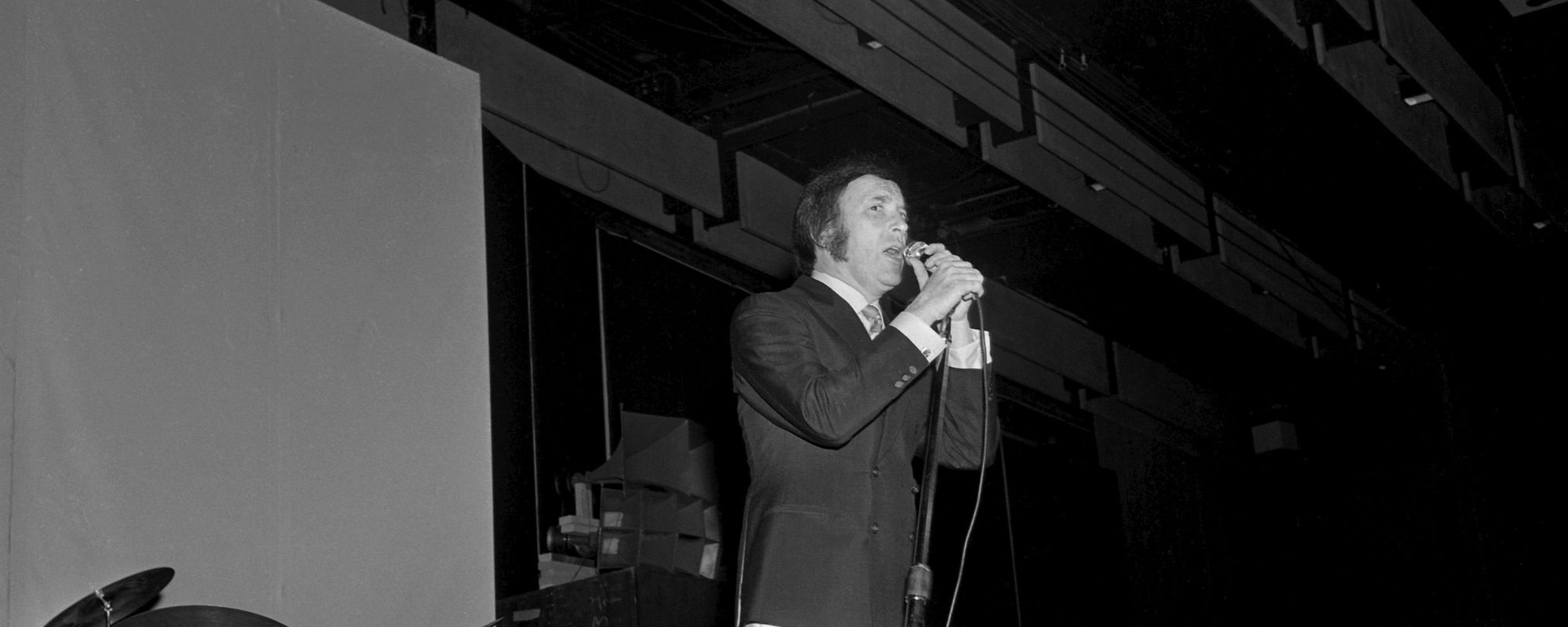
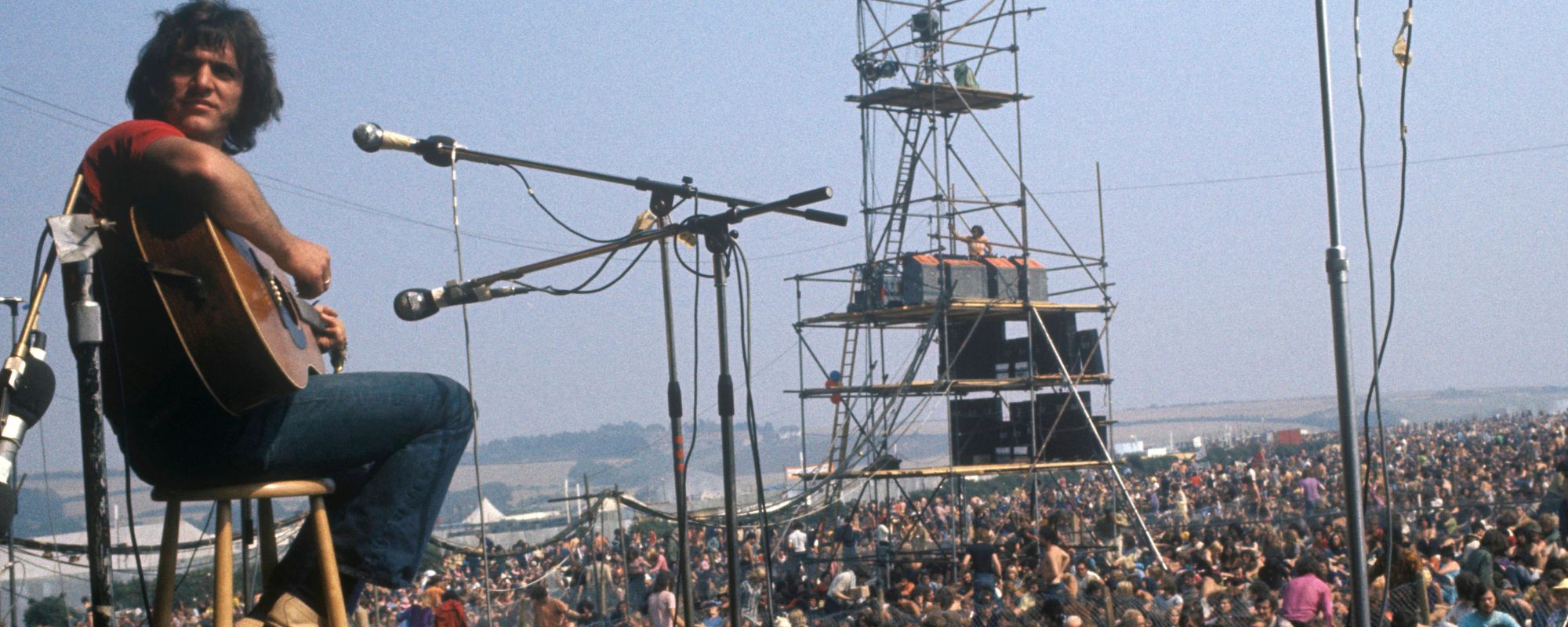
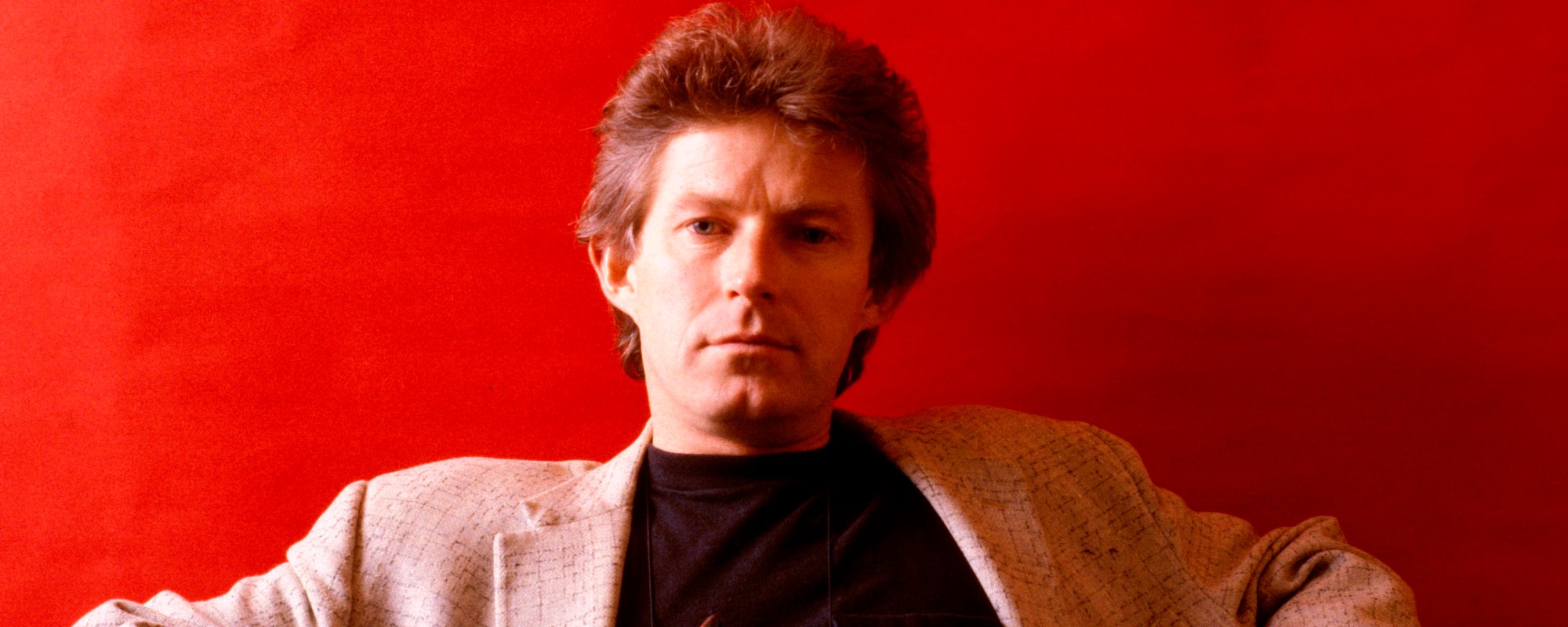

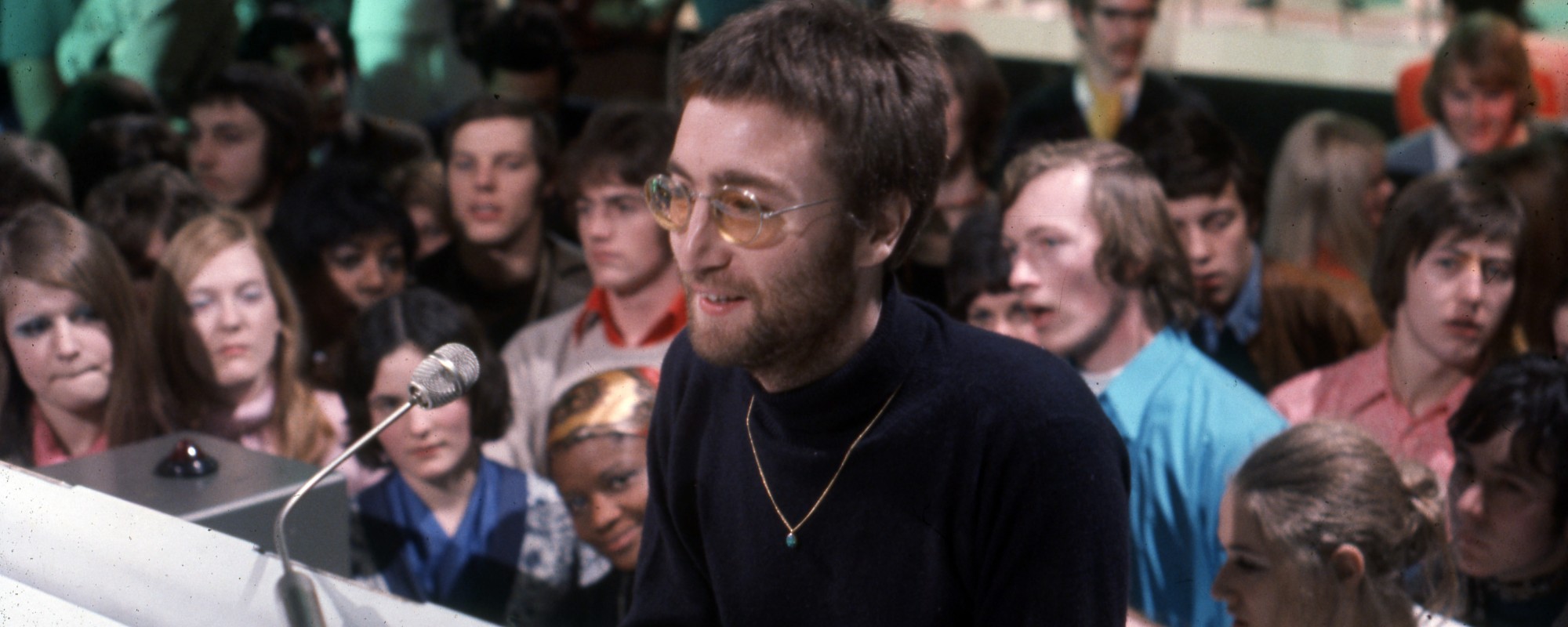
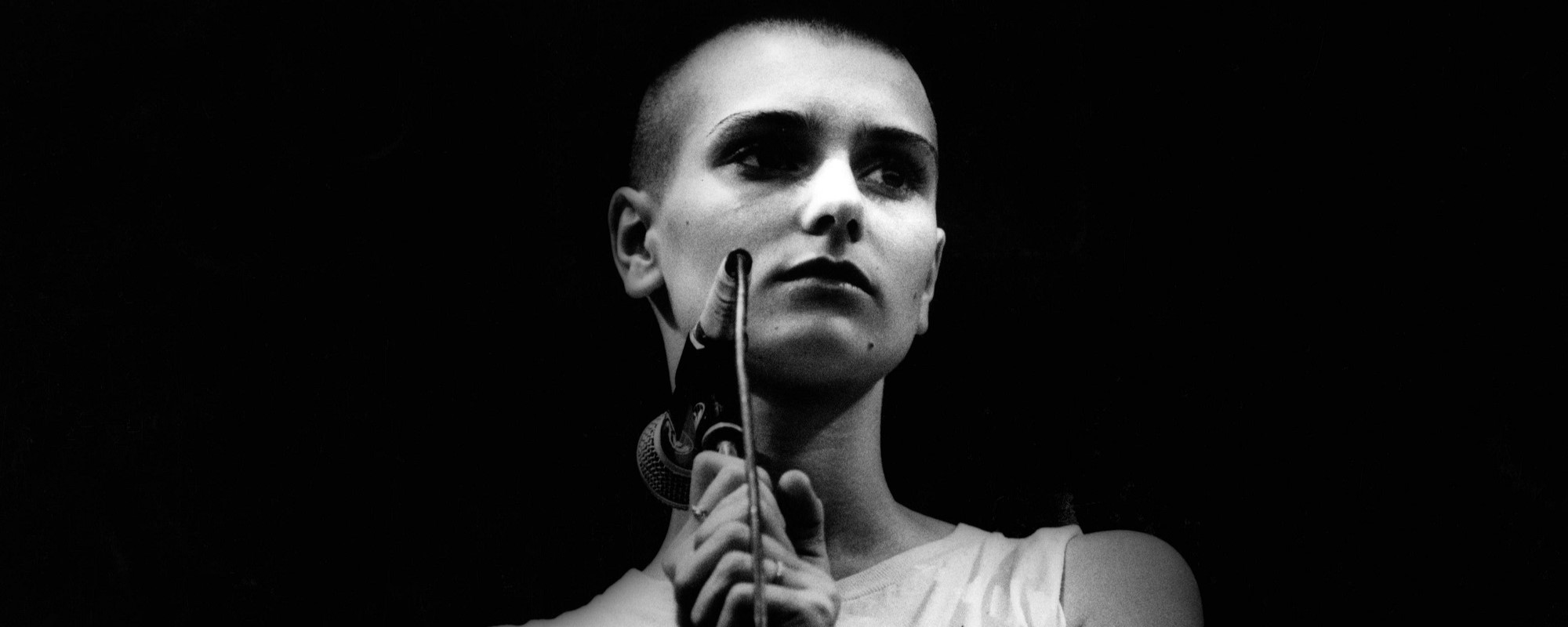
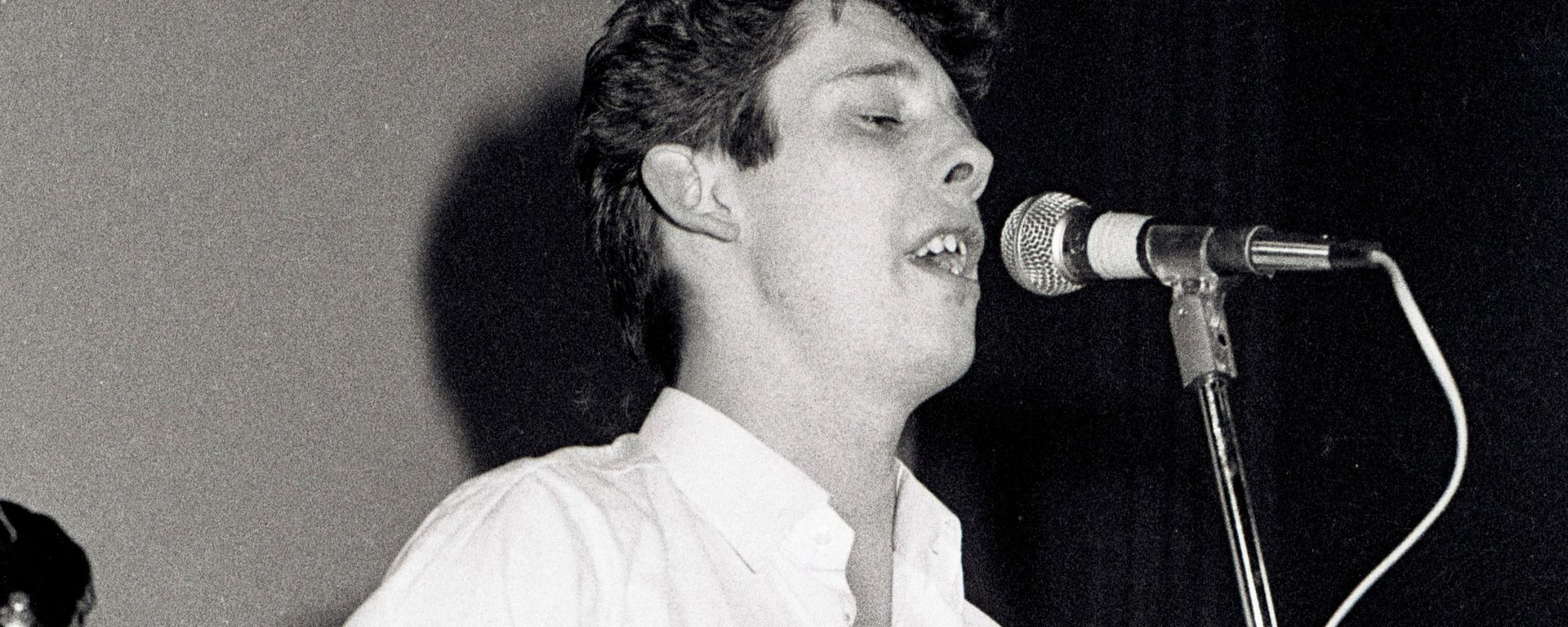



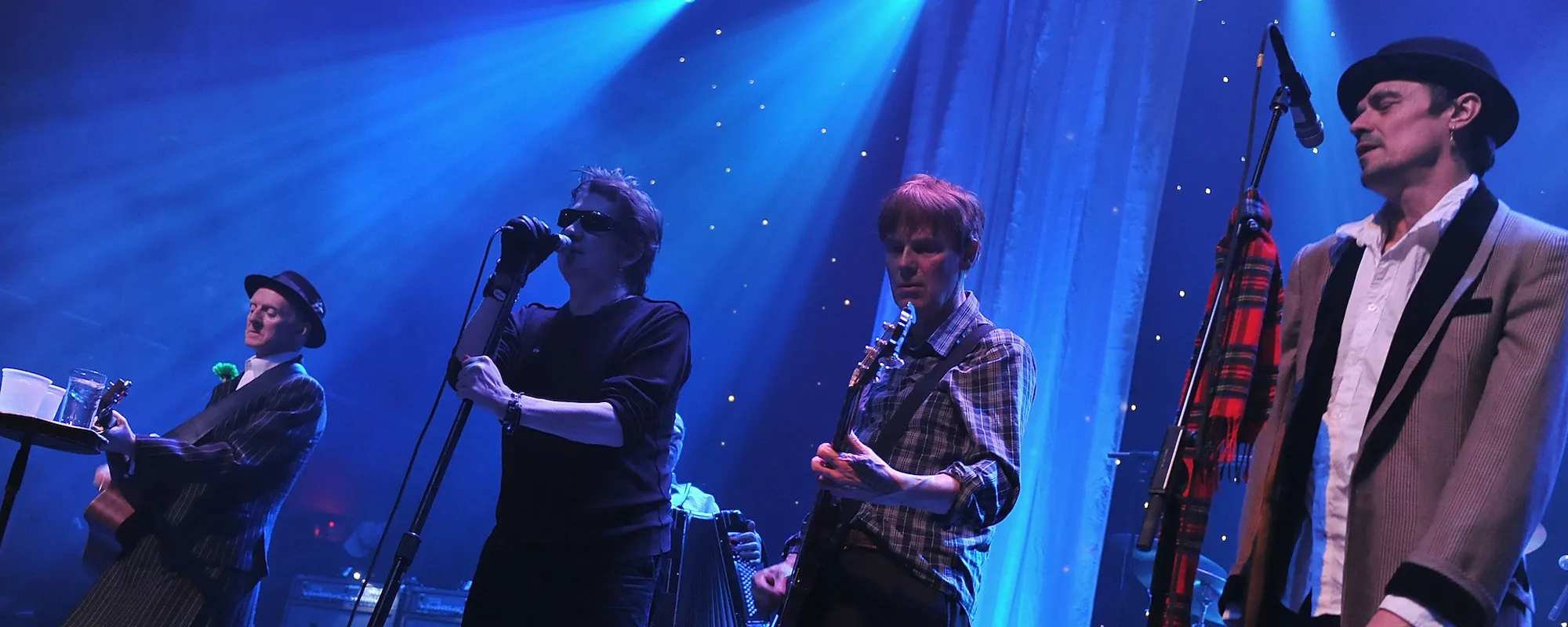
Leave a Reply
Only members can comment. Become a member. Already a member? Log in.